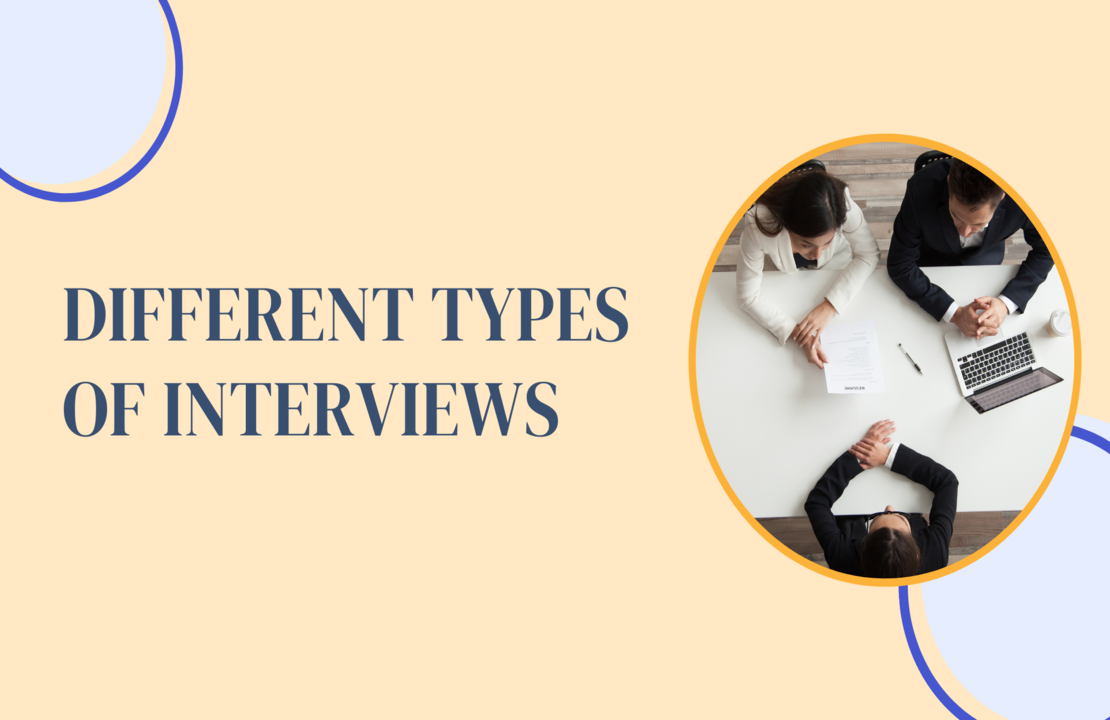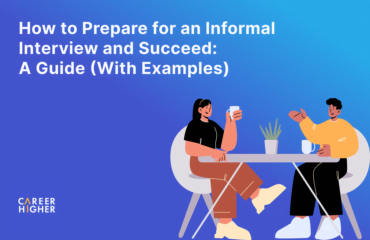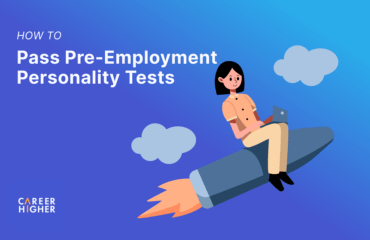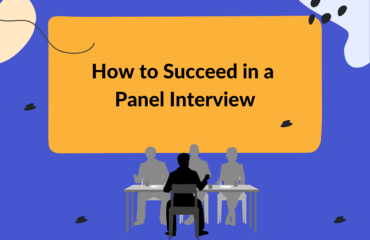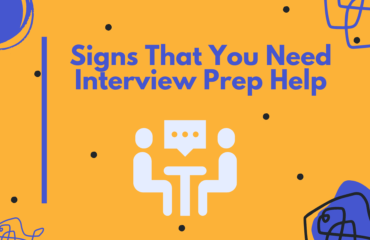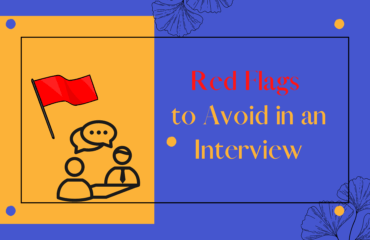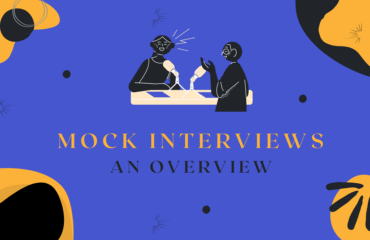Table of Contents
Each company has its own hiring process and as a candidate, you should prepare for all the possible interview types. Knowing what type of interview you might face at each stage of the process is the first and most important step to success. In this blog post, we have all the information you need to get familiar with the different types of interviews you may encounter at each stage.
1. Screening interview types
Screening is the process where the recruiter determines whether a candidate has the basic requirements needed for the applied role. If the recruiter decides that the resume and cover letter you presented are qualified, then you will receive an invitation to at least one of those three interviews:
a) Phone interview
Typically, the phone interview is the first step of the hiring process and it may last from 15 up to 40 minutes. During the phone interview, the recruiter or another human resource representative will ask you to verify your application and learn about your availability. After that, they will inquire about your resume and the reason you have applied for the job. It is also possible that they ask you about salary expectations, so prepare your answer in advance. Keep in mind that recruiters evaluate your communication skills during the phone interview, so don’t underestimate this type of interview.
Pro tip: When asked about your preferable salary, instead of a specific number, provide a range you feel comfortable with.
b) Pre-recorded video interview
A pre-recorded video interview (aka one-way video interviews) is an interview type that gained ground in 2020. The recruiter sends a set of questions via a platform and requests the answers back in video form. Typically, the questions you will be asked are about yourself (e.g., strengths and weaknesses), past experience, and interest in the company. The secret to success here is to prepare and practice your answers beforehand and have active body language.
Pro tip: Record yourself, send it over to your friends, and ask for feedback.
2. Skill assessment interview types
During this stage, recruiters assess your hard and soft skills to see if you are the perfect fit for the job. There might be one or more interviews depending on the company. If they are looking to hire more than one person, recruiters often create structured programs to assess and compare candidates at scale. Nevertheless, here is a list of the typical interview types you might face in any case:
a) Technical interview
This type of interview focuses mainly on your hard skills. At this point, you will be asked technical interview questions that provide you with a chance to demonstrate your knowledge. Read the job requirements carefully and refresh your memory on some more theoretical issues. Apart from theory, the interviewee might ask you to solve a problem on the spot using a whiteboard.
Pro tip: If there is something you don’t understand in the question, ask for more details or different phrasing. Avoid answering questions without being sure what you are asked for.
b) Case interview
A case interview consists of a hypothetical scenario that is presented for the candidate to solve. It focuses more on your problem-solving skills and is a typical interview type for many companies, such as McKinsey. The road to success here is to carefully examine the data you have and clearly define the problem. After that, use your creativity skills to brainstorm potential solutions and explore their pros and cons. The solution with the most pros wins!
Pro tip: This was just only one problem-solving technique. Consulting experts can help you learn more and make the most out of your case interview.
c) Assessment interview
Assessment interviews aim to evaluate your hard and soft skills, typically with games or events. You probably have already participated in one of the most common types of assessment interviews, the psychometric test. Interviewers also conduct one-week lasting events, such as a hackathon, or send over to candidates job-related assignments. After each assessment interview, another one follows in which hiring managers ask questions about how you came up with the final result.
Pro tip: Find online free test samples and practice.
d) Working interview
As the name implies, some companies invite candidates to a working trial. This could be either a fictional trial, which is typically unpaid, or an actual day at work for which you should be paid. In either case, during this trial, you will be assigned tasks and will be evaluated on how you perform. However, the important thing here is not only if you successfully completed your tasks on time but also how effectively you communicated and cooperated with your co-workers.
Pro tip: Before your trial, review the job description to get an idea of what tasks your role has to deal with.
3. Final interview types
After a long run, you have finally reached the last stage. Take some time to appreciate your effort before starting your preparation for that final interview. Now let’s see some interview types you may encounter:
a) Traditional interview
As you already know, traditional is the interview during which you meet with the hiring manager face-to-face and discuss your future in the company. However, since the COVID-19 pandemic, this type of interview might happen online via video call. The essence though remains the same. At this point, you will be asked questions, such as how you will be an asset to the company and you will have the opportunity to get answers to your own questions too. Prepare yourself for behavioral, competency, and values-based interview questions, or get the help of an expert.
Pro tip: Always have in mind a couple of questions to ask.
b) Panel interview
Panel interviews differ from the traditional model only in terms of the number of interviewers. In a conventional interview, you will be discussing with a single person, whereas there may be two or more interviewers on a panel. Panel interviews are a great chance for you to showcase your communication skills.
Pro tip: Try to find out who will be participating in the interview and prepare personalized questions.
c) Group interview
Aka mass interview, group interview is a way for recruiters to evaluate multiple candidates simultaneously. During this type of interview, you will be asked competency-based and cultural fit interview questions. Competency-based (behavioral or situational questions) focus on how you dealt with a past situation or how you would handle a hypothetical scenario. At this point, the best answers would “win the battle”, but keep in mind that the interviewer will watch closely how you operate as part of a team and of course, under pressure.
Pro tip: Always give room for the rest of the candidates to speak.
d) Off-site interview
Off-site interviews are typically done by taking the candidate out to lunch or dinner and conducting the interview literally on the table. This interview type may seem more personalized — it is actually — but it is also a way for hiring managers to check your social skills. It gives you the opportunity to have a great conversation with the hiring manager and get to know him on a personal level.
Pro tip: Be yourself while maintaining professionalism.
Get the most out of your interviews
After this quick walkthrough, the question that arises is: “How could I make the most out of each interview?”.
There are two things that could help you land your dream job. The first one is conducting mock interviews with your friends or an expert. Mock interviews are fake interviews that try to simulate a real one. These will help you practice your answers, receive live feedback, and improve yourself.
The second one is believing in yourself. This is the most important thing you can do to help you achieve your goals. Appreciating your strengths and weaknesses will help you demonstrate your assets and improve the other parts of you.
